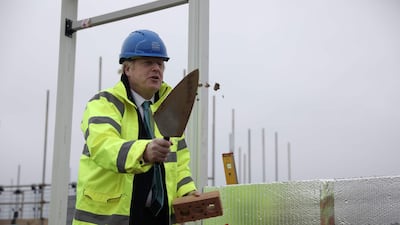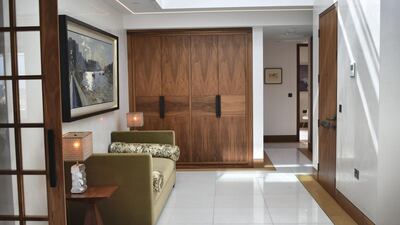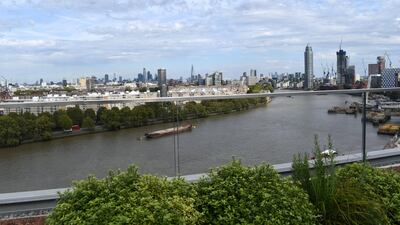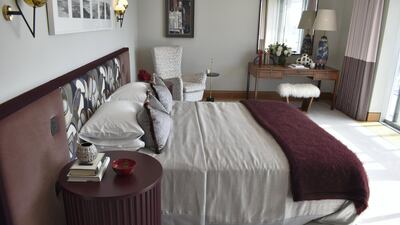Britain’s Conservative Party announced plans Friday to impose a new additional three per cent levy on overseas buyers of houses and apartments should the current government win the December 12 general election.
The £120 million expected to be raised from the surcharge on non-domiciled British citizens and foreigners is destined to be spent on the fight against homelessness. The government claimed the levy would help first-time buyers get on the property ladder by reducing demand from outside buyers.
Estimates say the policy would affect some 70,000 potential sales a year. The Conservatives said 13 per cent of London homes were bought by non-residents between 2014 and 2016.
"Evidence shows that by adding significant amounts of demand to limited housing supply, purchases by non-residents inflate house prices,” said Treasury minister Rishi Sunak.
"Britain will always be open to people coming to live, work, and build a life in this great country. The steps we are taking will ensure that more people have the opportunity of a great place to live and build a family,” he added.
According to the charity Crisis 4,751 people slept rough night in 2017, more than double the amount in 2010.
“When 726 of our fellow citizens died homeless last year, a commitment to investment in the vital services that support those forced to sleep rough is very welcome. Rough sleeping has been rising for the last decade, and frontline services need all the support they can get to help tackle this mounting issue,” said Polly Neate, chief executive at the homelessness charity Shelter.
“At the same time however, we can’t solve homelessness without tackling the root of the housing crisis, and that means an investment in the social homes we so desperately need. We want the next government to deliver at least 90,000 new social homes a year over the next parliament to help end this emergency,” she added.
Research by King’s College London found that one of the main causes of high property prices are foreign investors. The average house price in England and Wales has nearly tripled in the last 15 years.
The study showed “that with no foreign investment in the housing market in England and Wales between the years 2000 – 2014, house prices would be 19 per cent lower than they are now”.
Thousands of upscale homes in London, typically owned by wealthy non-resident foreigners, remain empty.
Properties affected are some of the highest profile developments in the country including London’s Battersea Power Station, which has just unveiled its first completed apartment in the revamped landmark on the River Thames.
Gulf investors have made up a large chunk of those purchasing £120 million worth of properties at the power station in the last 12 months. It is expected to be opened by 2021.
The developer quoted research projecting almost 20 per cent growth in prices in central London over the next five years prior to the party’s announcement.










